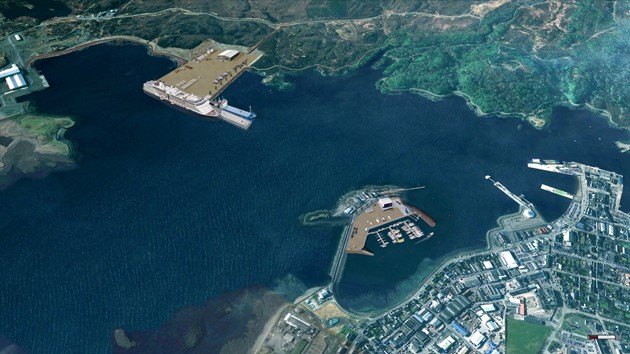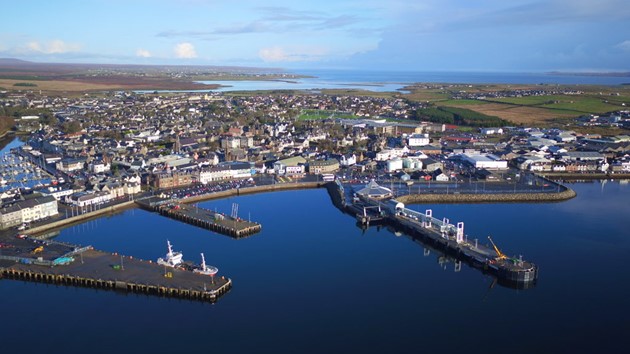Revenue and Finance
Trust port revenues are collected from customers and port users on a commercial basis, trust ports also pay taxes and receive no systematic public subsidies other than those which are, on occasion, made available, to all ports. Whilst operating in a commercially viable manner, any profits trust ports make are reinvested back into the port for the development of its own business activities and also for the benefit of the stakeholders. Such stakeholders can include port users, employees and the local community, although as independent bodies, trust ports do need to be prudent and ensure they have sufficient funds to continue to operate and maintain and invest in their assets. For example, unlike ports that are owned by parent companies or local authorities, trust ports do not have a ‘funder of last resort’ and there is certainly no obligation to provide a financial dividend to local communities.



